Animal Wall at Cardiff Castle
Recently restored menagerie of Victorian-era beasts.
Fifteen playful sculptures of wild beasts appear to be climbing from the interior of Bute Park in Cardiff out into the street.
The menagerie of eight original animals was originally designed by William Burges, the Gothic-revivalist architect and artist responsible for the transformation of Cardiff castle into the Victorian-era medieval fantasy it is now. Burges died in 1881 before his designs for the wall could come to fruition, and the project was picked up after his death and completed in 1890.
The animals sculpted by English Sculptor Thomas Nicholls were originally painted in bright colors, but have recently been restored to grey simplicity, some with repaired snouts. The entire wall was moved in 1922 to accommodate road widening near the castle. Six more animals by Scottish sculptors Alexander Carrick and Phyllis Mary Bone were added in 1931, including the popular and recently repaired anteater.
It is easy to differentiate which animal was carved by which sculptor. From the Pelican (left) to Vulture (right) were done by Alexander Carrick and Phyllis Mary Bone . The ones executed by Thomas Nicholls, from the Hyena (left) to the Lynx and both lions (right). The latter ones all contain marble eyes, whereas Carrick/Bone do not.
Know Before You Go
The wall can be found to the left of the main castle entrance, facing towards the castle. The pavement runs parallel to the wall and the animals are easily viewable.

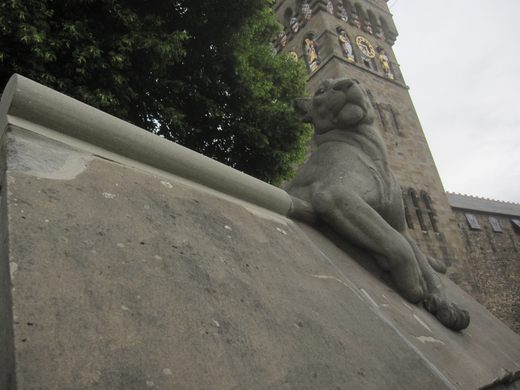
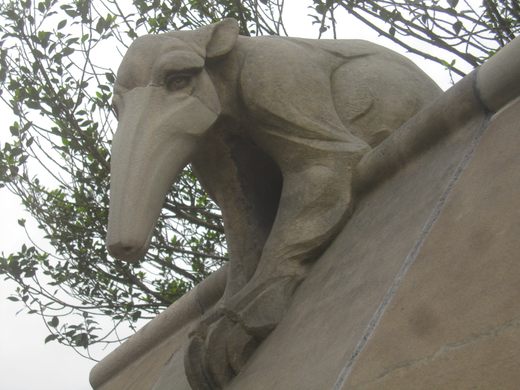

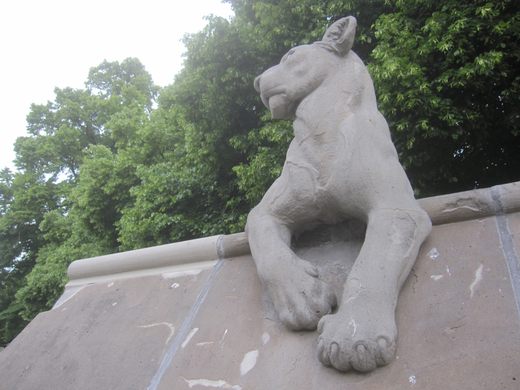
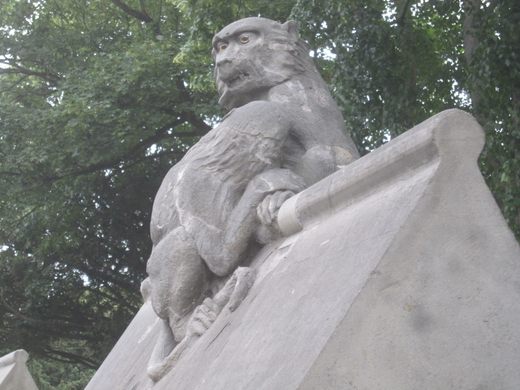
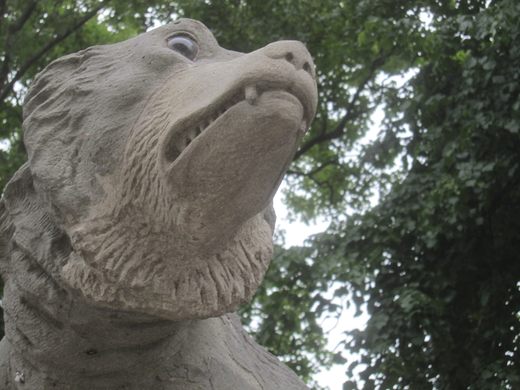
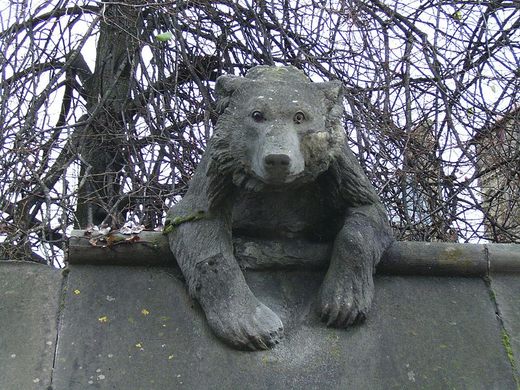

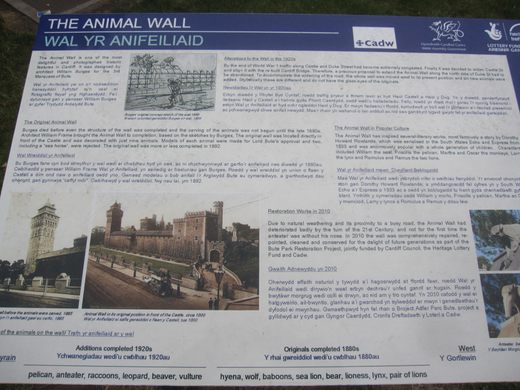





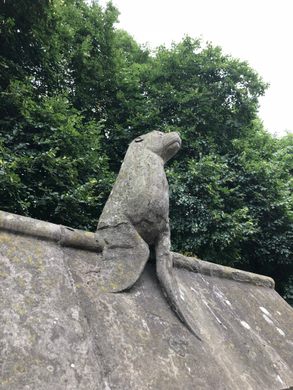

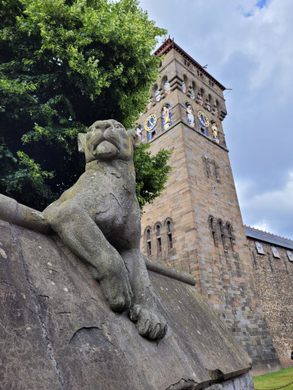
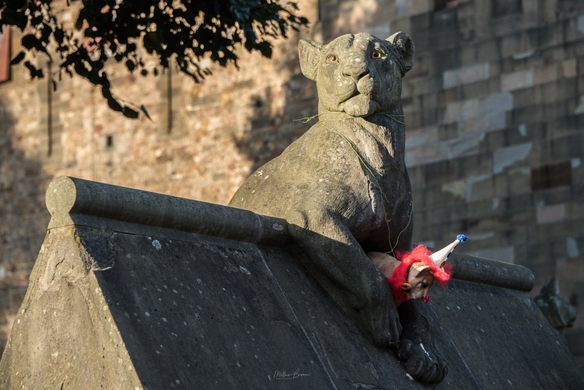
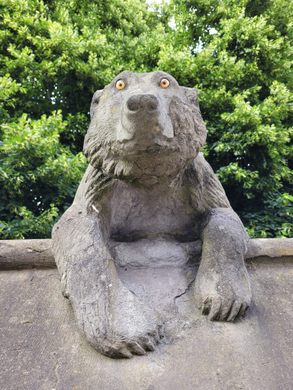


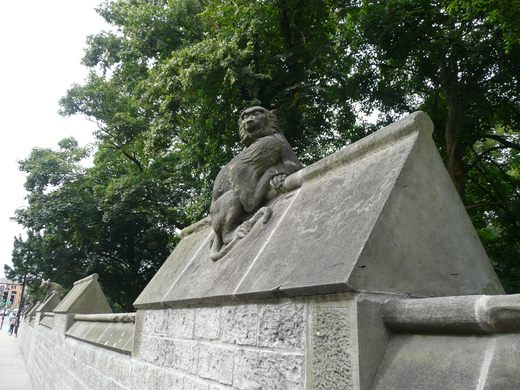

























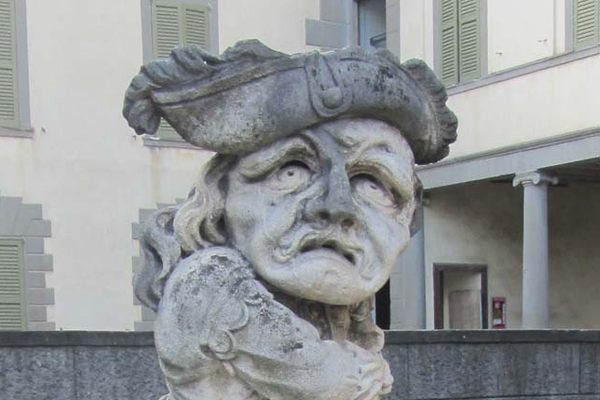
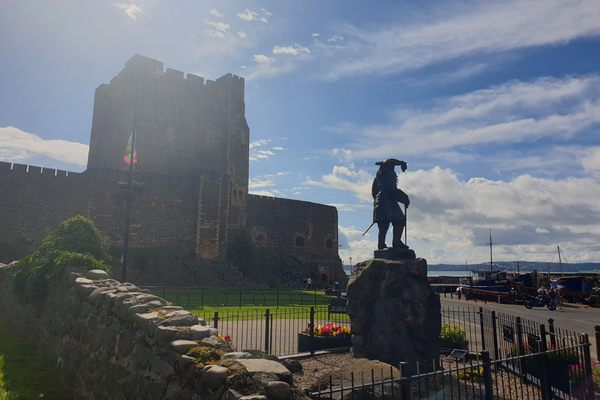


Follow us on Twitter to get the latest on the world's hidden wonders.
Like us on Facebook to get the latest on the world's hidden wonders.
Follow us on Twitter Like us on Facebook